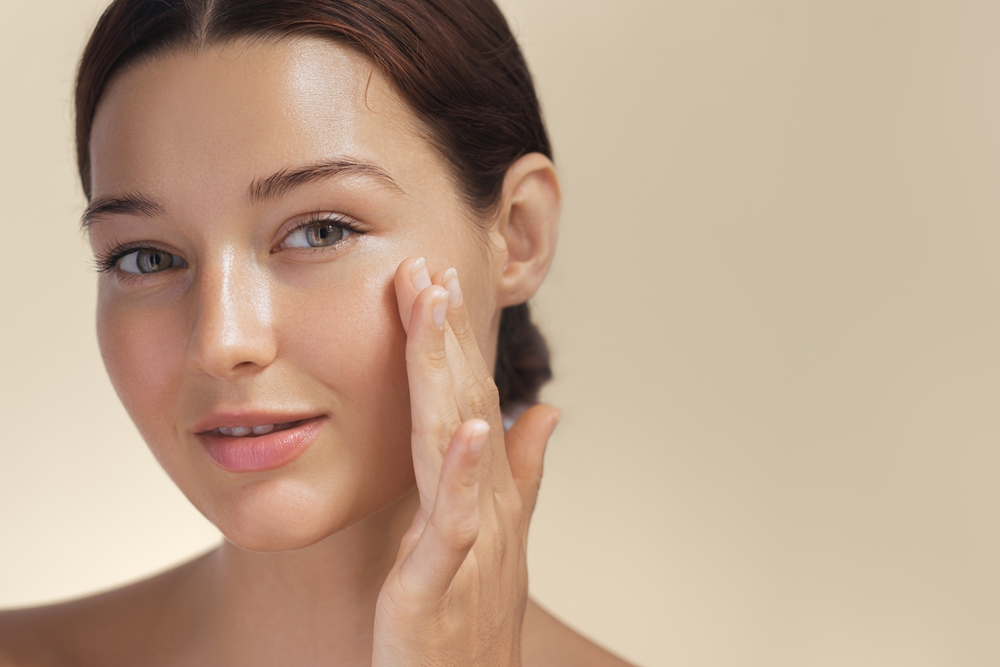Understanding HiFu Treatment

High-Intensity Focused Ultrasound (HiFu) is a non-invasive medical procedure that uses focused ultrasound waves to target specific tissues within the body. Developed for a range of different medical applications, HiFu has gained popularity in recent years, particularly in the field of aesthetic medicine.
HiFu Mechanism
HiFu works with focused ultrasound waves that penetrate the deeper tissue layers of the skin. The key to HiFu’s effectiveness is its ability to generate heat at a specific focal point without affecting the surrounding tissues. This focused thermal energy triggers a coagulative response, leading to tissue contraction and, in some cases, tissue remodelling.
Aesthetic Applications
HiFu can be used for non-surgical facelifts. The procedure is designed to tighten and lift sagging or loose skin on the face and neck. By stimulating collagen production and promoting tissue tightening, HiFu can result in a more youthful appearance without the need for invasive surgery.
Medical Applications
Beyond aesthetics, HiFu has various medical applications. In oncology, it has been explored for targeted ablation of tumours, particularly in the treatment of prostate, liver, and pancreatic cancers. The focused ultrasound waves can destroy cancer cells or disrupt their growth, offering a potential alternative or complement to traditional cancer treatments.
Treatment Procedure
During a HiFu treatment session, the patient may lie down while a handheld device delivers focused ultrasound energy to the targeted area. The procedure is often guided by imaging techniques such as ultrasound to ensure precision. The duration of the treatment session depends on the area being treated and the specific medical or aesthetic goal, but 45 to 90 minutes is typical.
Post-Treatment and Side Effects
HiFu is generally considered a low-risk procedure with minimal downtime. Patients may experience mild discomfort during the treatment, and there might be temporary redness or swelling afterwards. Some individuals may notice immediate results, while others may see gradual improvements over several weeks as collagen production is stimulated.
Duration of Effects
The longevity of HiFu effects can vary based on the specific application. In aesthetic procedures, results may last anywhere from several months to a couple of years, depending on factors like skin type, age, and lifestyle. In medical applications, the duration of effects is often assessed in the context of disease management and treatment goals.
Patient Candidacy
Patient candidacy for HiFu depends on the specific condition being addressed. A qualified healthcare professional will assess the patient’s medical history, skin type, and treatment goals to determine whether HiFu is a suitable option. In some cases, individuals with certain medical conditions, such as skin infections or open wounds, may not be eligible for HiFu treatment.
Patients with pacemakers or some other electronic implants cannot have HiFu treatment. HiFu will not be used on patients who are pregnant.
Conclusion
High-Intensity Focused Ultrasound (HiFu) is an effective treatment for a range of aesthetic applications. It is less invasive and far less expensive than liposuction or conventional facelifts. But this makes it a very suitable option for a large number of clients.
It is crucial for individuals considering HiFu treatment in Sydney to consult with a qualified healthcare professional who can provide personalised advice based on their unique circumstances and medical history.



